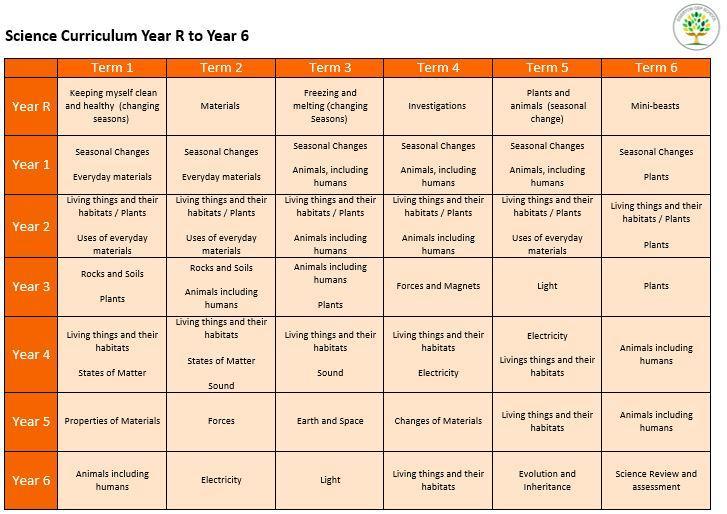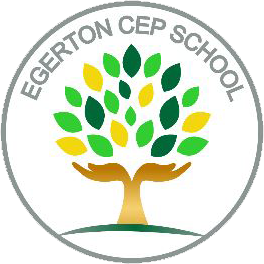Science
What is Science?
Psalm 111:2
"Great are the works of the Lord, studied by all who delight in them"
Intent
Our Science curriculum provides children with a rich and creative learning journey which enables all pupils to flourish and thrive. We aim to enthuse the children’s love and curiosity about natural phenomena and events around them, and to encourage children to explore confidently in order to develop and deepen their understanding of the world in which they live, explaining what is occurring, predicting how things will behave and analysing causes. We view science as a thought-provoking subject which enables pupils to use their knowledge and skills to further understand and explore the world around them. The focus on skills and knowledge, linked to our creative pupil centred science curriculum provides a setting where tomorrow’s scientists can develop and succeed.
Through high quality teaching, we develop the following essential characteristics of scientists:
-
Question and discuss science-based issues that may affect their own lives, the directions of society and the future of the world, encouraging and supporting the development of science capital;
-
Understand how major scientific ideas and specific scientists in the past have contributed toward societal change – impacting on industry, medicine, business and improving quality of life;
-
Raise their own questions for exploration and develop transferable skills such as observation, communication and teamwork;
-
Work scientifically, through investigations involving planning, testing, recording and analysing results enabling children come to appreciate the nature of the learning process and its practical application to everyday experiences;
-
Be immersed in subject specific language to enable development and confidence in using scientific vocabulary to articulate concepts clearly;
-
Develop children’s sense of global and local citizenship through understanding the value and importance of making responsible, informed and more sustainable lifestyle choices that minimise our impact on the environment;
-
To recognise that learning about science enables links to be made with other subjects across the curriculum;
-
A genuine interest in the subject and a real sense of fascination about the world around them.
Implementation
Our curriculum aims for our children to have high aspirations for themselves and teaches
them about diversity in science including important scientists whose discoveries have impacted on the way we live. By implementing an inclusive, progressive, creative and inspiring curriculum with real-life links , we ensure children have a meaningful conceptual understanding of the essential aspects of the knowledge, methods, processes and uses of science.
Science is delivered through carefully planned lessons where concepts and skills are taught at the appropriate level. Skills and knowledge progression has been planned carefully in order to ensure learning evolves at the correct pace and maximises coverage. In order to strengthen application and use of knowledge, links to other curriculum subjects, particularly reading, mathematics, geography and DT, are established throughout the year.
Reading is central to our whole curriculum. Therefore, scientific literacy, the development and teaching of scientific vocabulary, as well as the teaching of working scientifically are all entwined in our curriculum plan allowing pupils to be taught specific skills alongside other subjects. This provides our pupils with a rich, skill based schedule in which all pupils progress and expand their skill base in order to be Key Stage 3 ready.
Impact
-
Children will become resilient, independent and curious scientists who ask questions and find things out for themselves.
-
Have a solid understanding of how science impacts the world around us
-
Articulate their thoughts and theories and support these with evidence
-
Make independent links from one scientific area of study to another
-
Science will be a high-profile subject throughout the school.
-
Children will be enthusiastic and motivated scientific learners.
-
Outdoor learning will be utilised where appropriate for science lessons.
-
Science learning will be enhanced through trips and visits on a regular basis.
-
Children will have an awareness of scientific careers and pathways available to them and will be keen to pursue STEM subjects at secondary school.
-
Children will leave for secondary school equipped with the science knowledge and skills needed to succeed in their further education.
Science Curriculum

